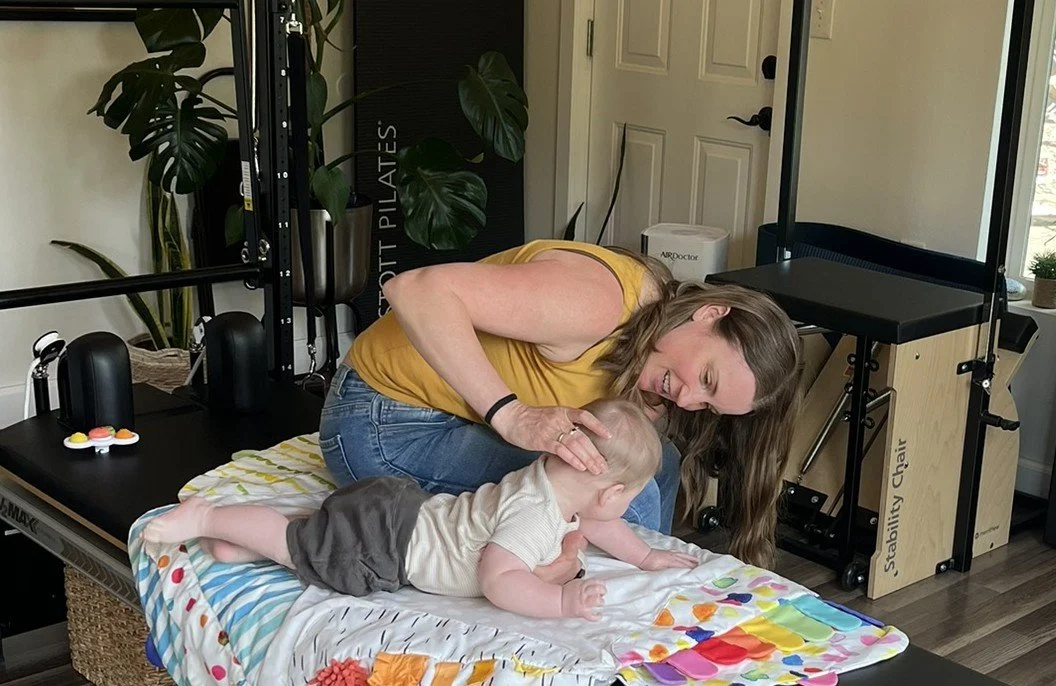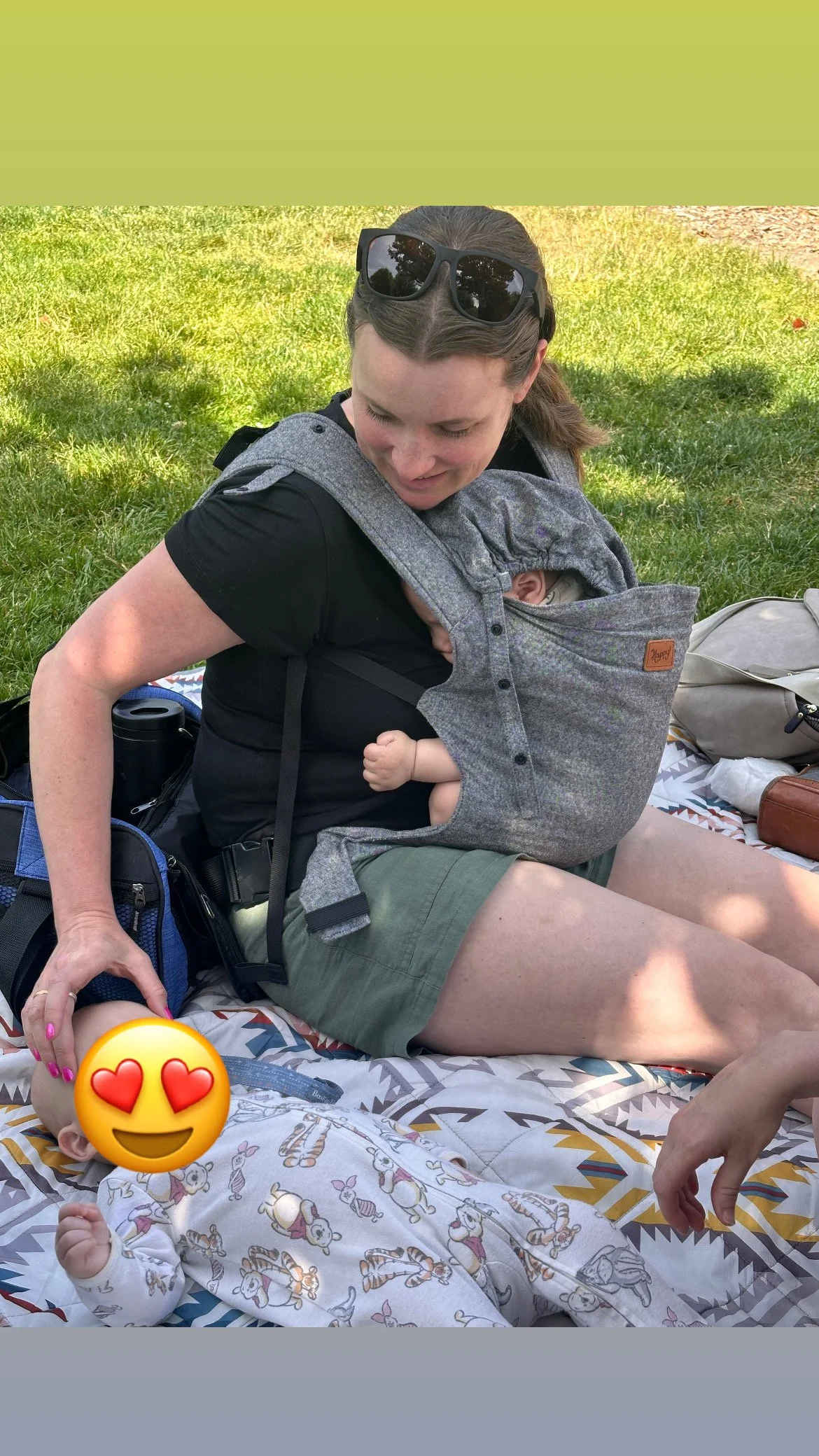
Infant Cranial Sacral Therapy
Infant Cranial Sacral Therapy is a gentle, hands-on technique that helps release tension in a baby’s body—supporting digestion, sleep, nervous system regulation, airway, and overall comfort, especially after birth. Cranial sacral therapy is often combined with myofascial stretches and focused connective tissue work to help the body unwind more fully and allow the CST to be even more effective.
CST can help with:
Sleep difficulties, general fussiness, colic
Body tension or discomfort
Feeding issues, reflux, constipation, digestion
Torticollis and flat spots
Integration of a challenging birth
Teething
Behavioral or emotional concerns
Sensory or mobility challenges
Infant Cranial Sacral Therapy at Studio 400 in West Portland, Oregon.
Hi, I’m Mandee. I began using Cranial Sacral Therapy (CST) on my own babies to improve sleep, support their airway health, create more comfort in their little bodies and ease general tension between sessions with local providers. My teacher, Lori Hendrickson, encouraged me to continue practicing on other babies as I worked on my second child throughout infancy, and she is my inspiration behind this work!
Come see me for Infant Craniosacral Therapy on Portland’s Westside, near Beaverton, at my Pilates studio, Studio 400. I offer paid appointments as well as community sliding scale appointments to keep it accessible.
CST supports the nervous system by releasing restrictions in the cranial bones and fascia. It can help with colic, support feeding and sleep, and ease tension.
What makes my approach unique is that I also teach you, the parent, how to use these calming techniques at home—empowering you to support your baby’s comfort, build confidence, and strengthen your connection to support healthy development in those early months. If you’d like, I’ll show you some simple CST techniques during your babies session that you can do at home to support your baby between sessions—creating deeper results, more connection, and confidence in caring for your little one.
“Mandee was so helpful! My 4 month old was really struggling with reflux and digestive issues. The touches she did were so gentle and she was so thoughtful, explaining what she was doing the whole tim. In addition to the CST she performed, I really appriciated that she showed me so many streches and movements that I could do with him at home to help him feel more comfortable and relieve a lot of his body tension. ”
“The CST session with Mandee was so incredibly helpful for my son. He was born via C-section and definitely had some tightness on the side of his body, he was also having some tummy issues as well. She taught me how to help him loosen up and also how to help him with his gas, he actually pooped during our session and I could tell he felt so relieved immediately. I highly recommend booking a session! It was quick easy and I was also able to apply some of these techniques to my daughter as well — even though she’s older I wish I had known about CST work with her since she was also born via C-section 2 1/2 years ago!
Another thing that I noticed is that my son started feeding better after working through some of these body movements, which obviously made breast-feeding easier, which makes my life easier as a mom! ”
Let’s get your baby feeling their best.
Interested in Infant Cranial Sacral Therapy for your baby? Fill out the form below, then use the button below the form to book a session. Don’t see a time that works? Reach out—I may have more availability than listed!


